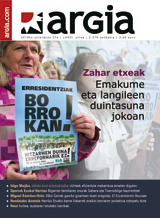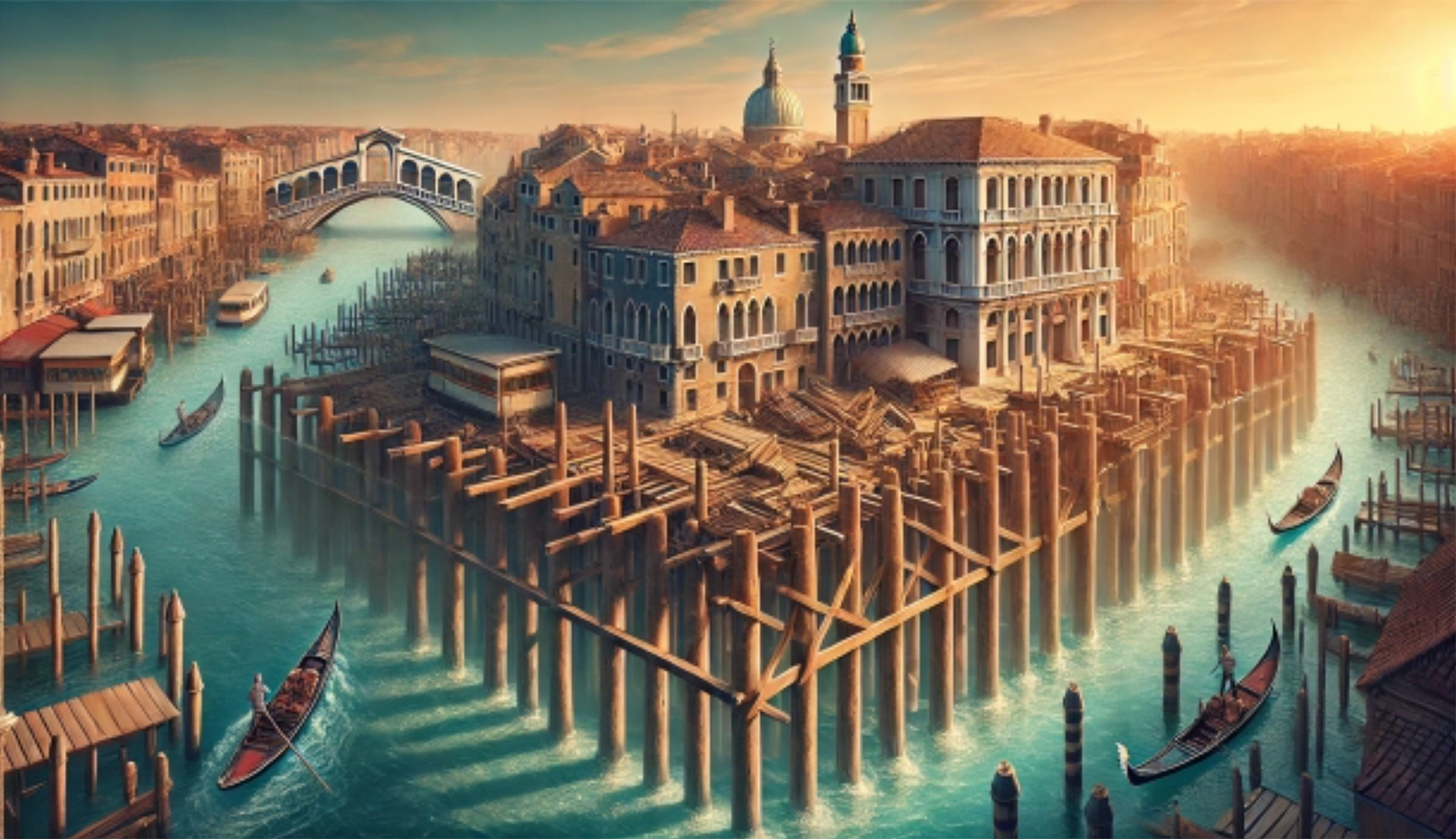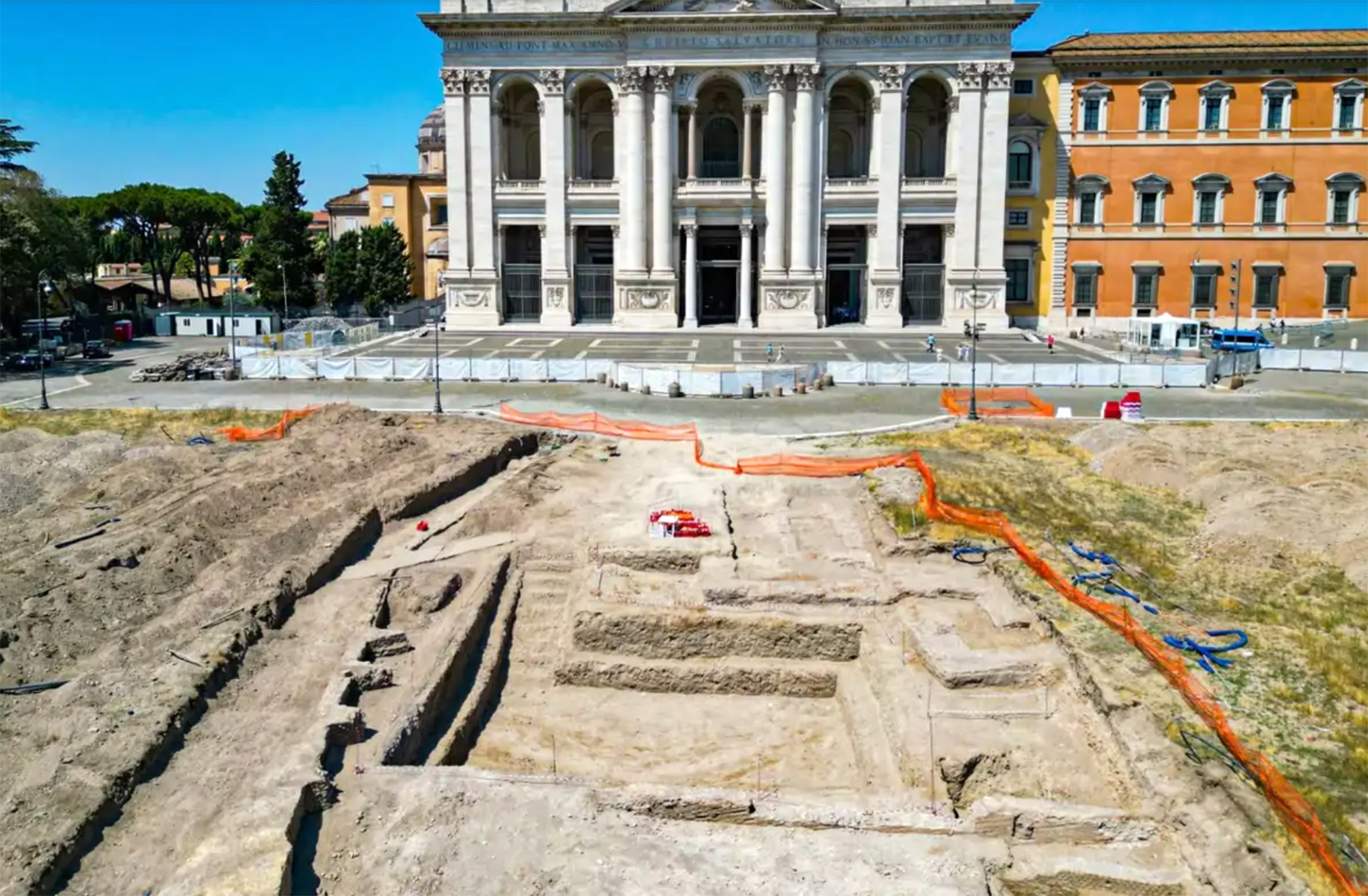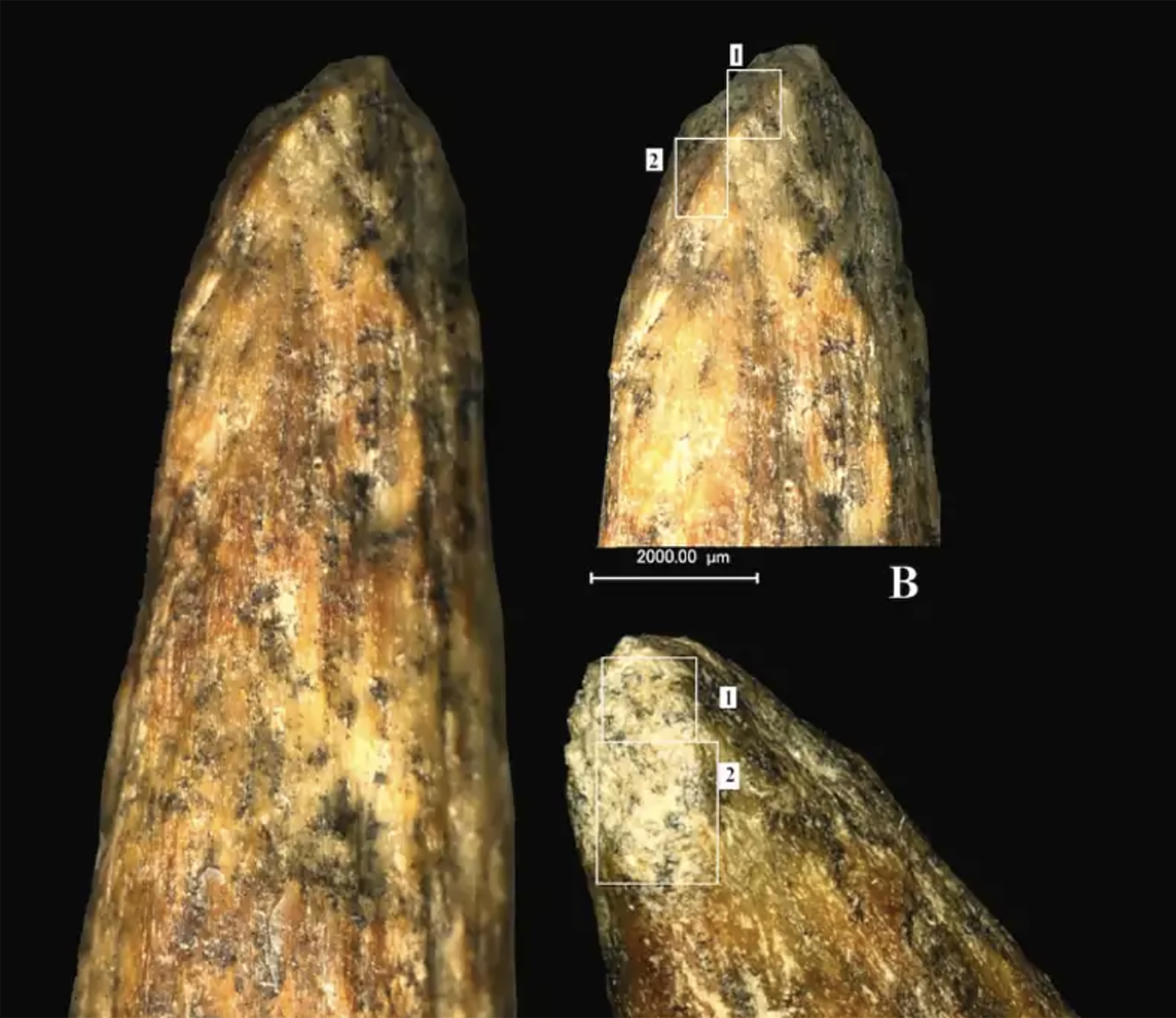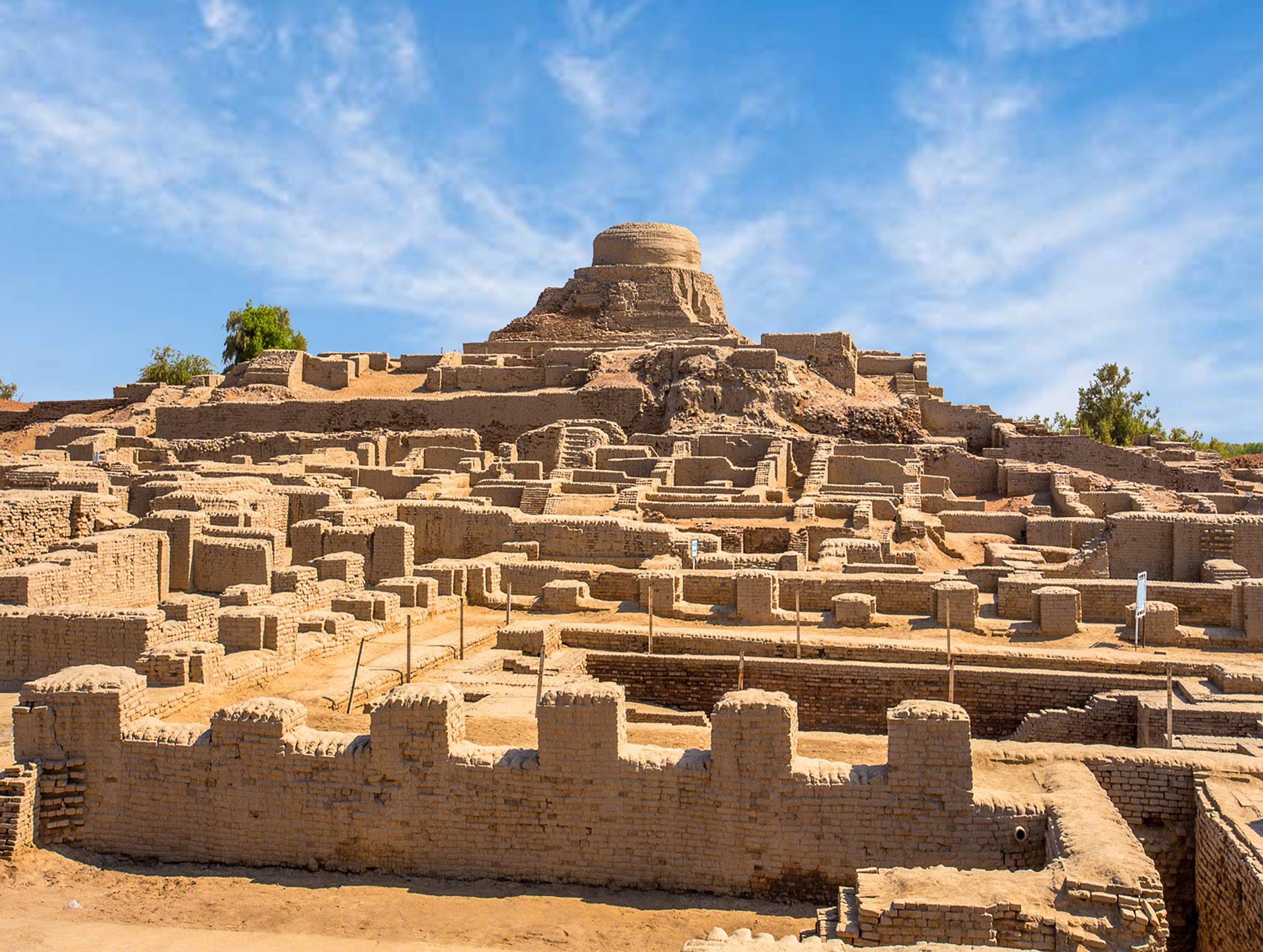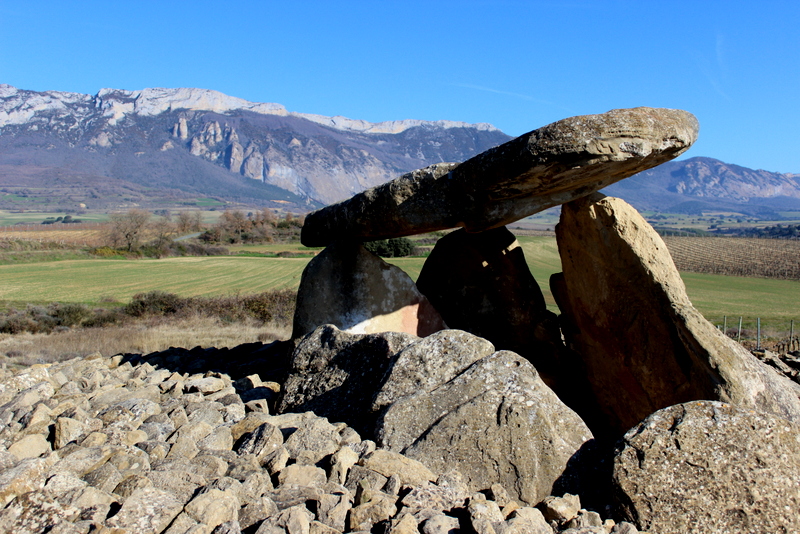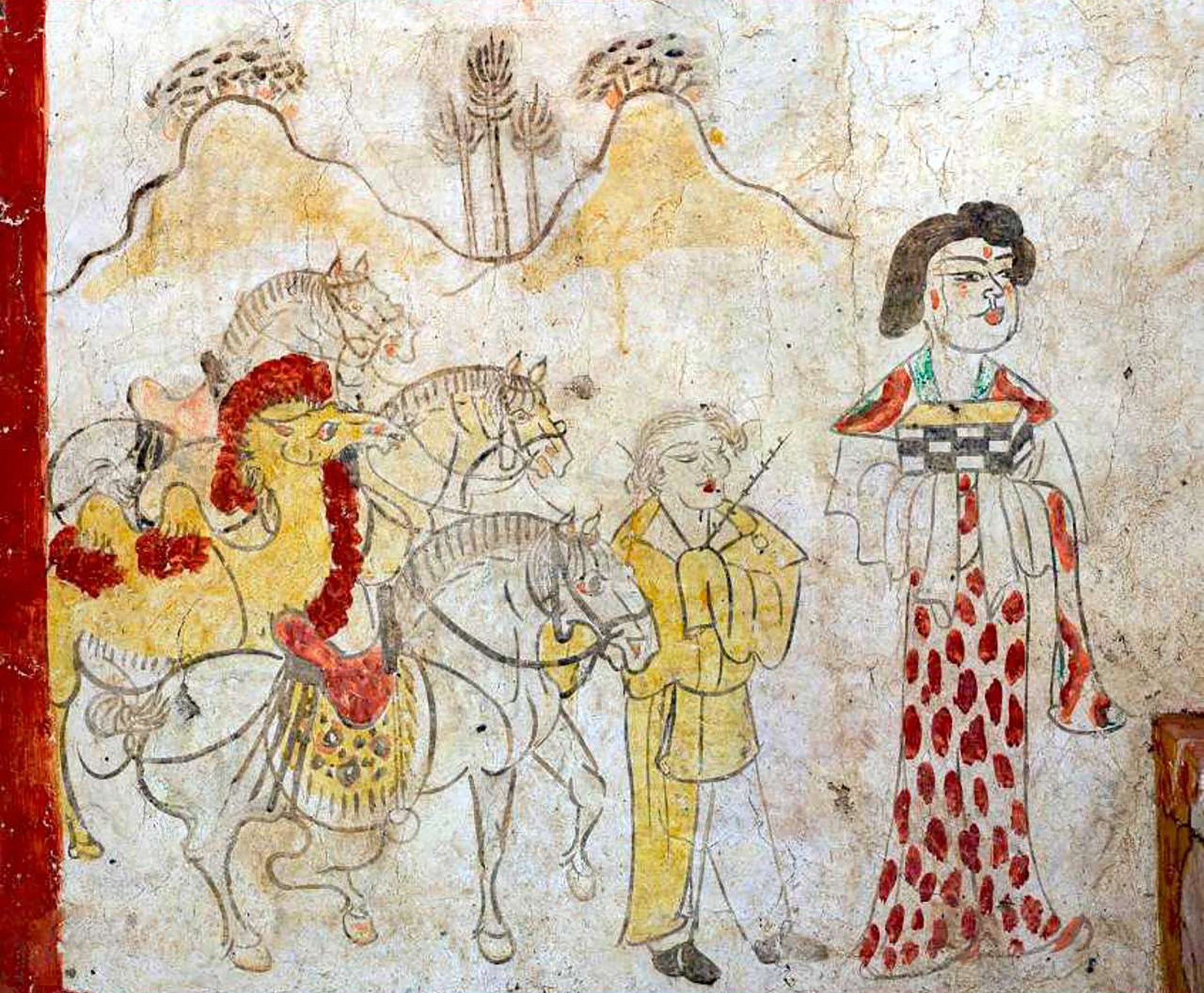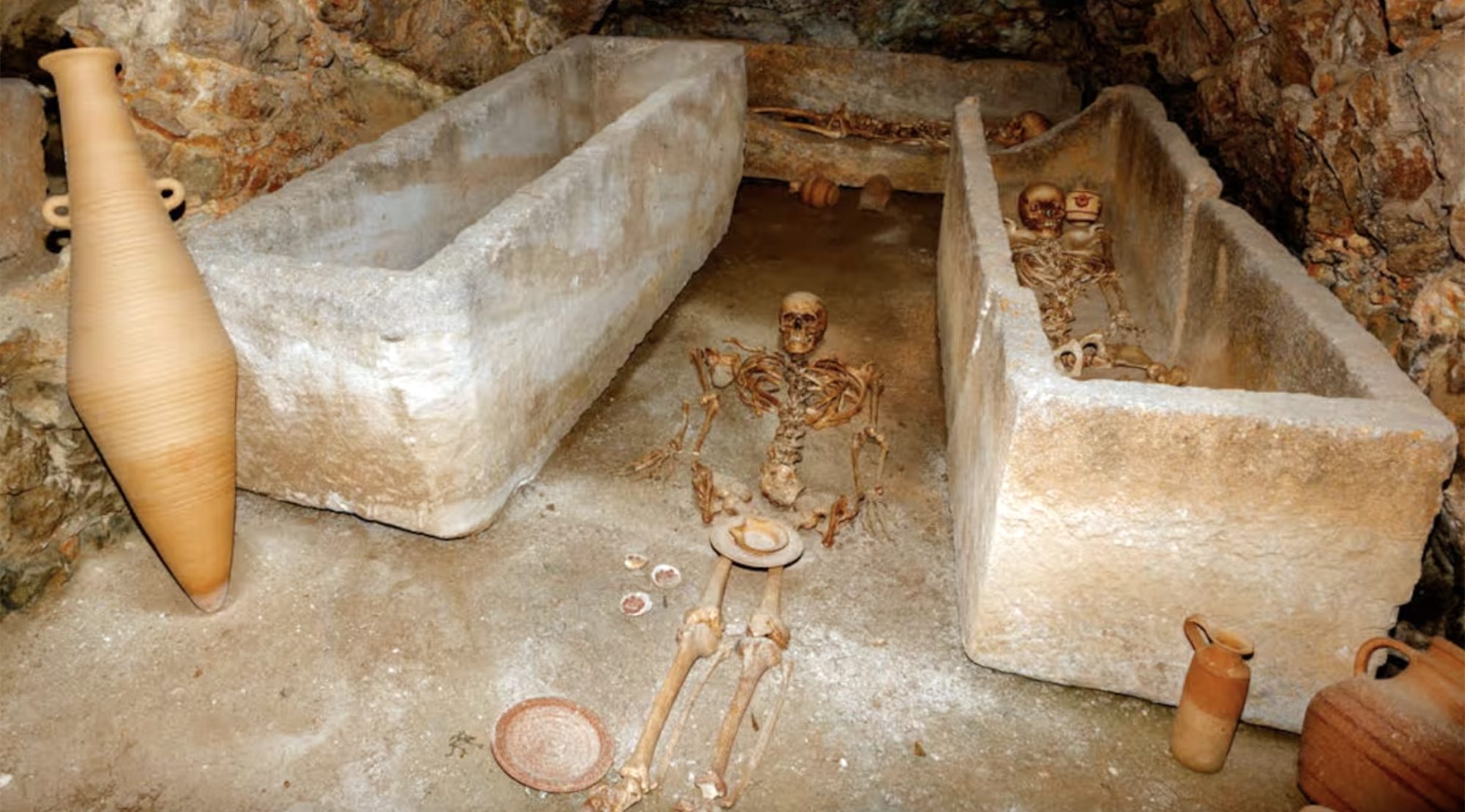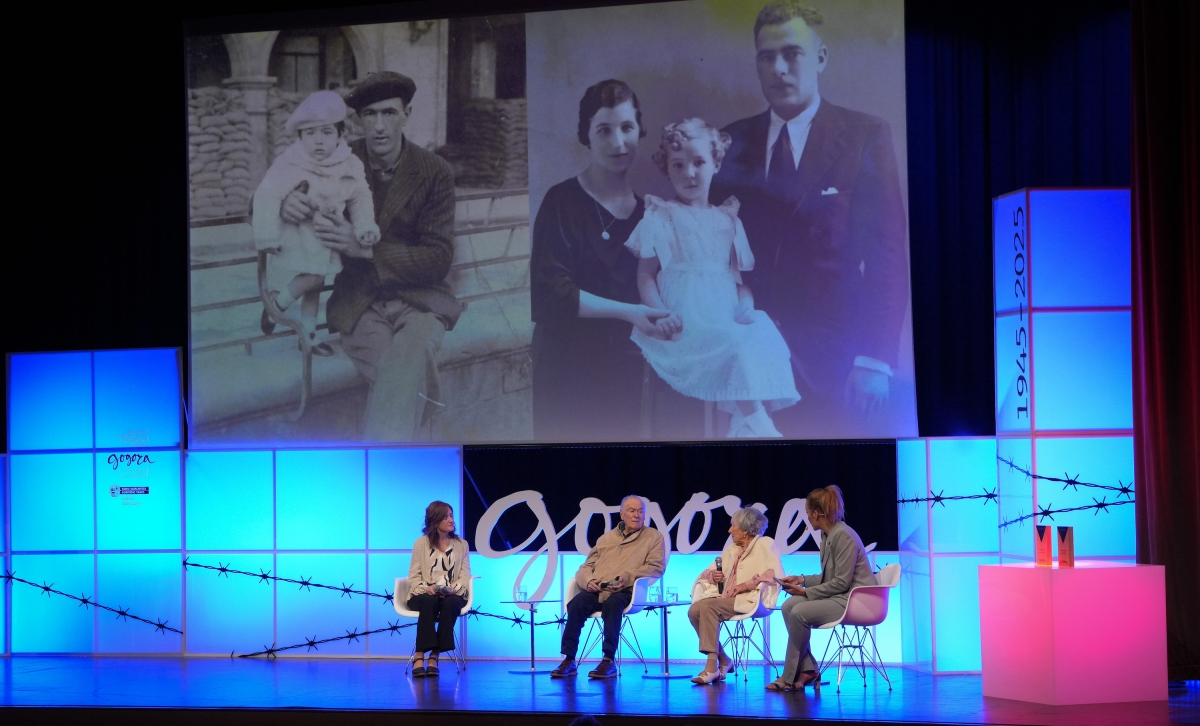Money doesn't smell, detergent does smell
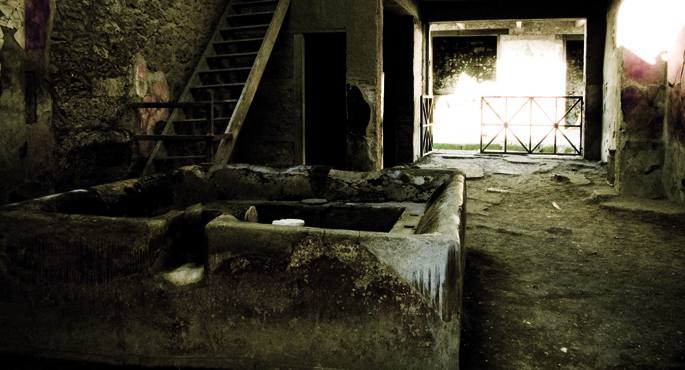
Pompeii, c. Year 79. The eruption of the Vesuvius volcano surprised businesses in the Roman city, including fullonica or Stephanus laundry. Like all other elements of the site, the laundry was very well preserved by the ashes. And there are also other fullonics that have survived well, like those of Ostia, Barcino and Herculano. In fact, all Roman cities or colonies had at least one fullonica.
They were engaged in washing clothes and household clothes. In the absence of artificial chemical detergents, urine was used as a universal detergent at the time of urine, as it was also used for tooth cleaning, as explained in this section. In the pools of saltus fullonici or water renewal, the ammonia in the urine was good for removing toge stains, tunics and wool scarves. They mixed urine with lime and ash, natural, bleaching raw materials.
Not all the pools were equal. Some imported from abroad – the washable gifts of Hispanic urine were known – but most of the time they had to use the fluid collected in public bathrooms. There were also more autarkic businesses: on the walls of the store, there were amphora stockings for pedestrians to carry to the bladder. In the pompeii, inscriptions have been found that invite citizens to urinate.
The slaves, mixed with soda and urine, ordered the clothes and fabrics until they were mixed with smelly detergent. Once the stains were removed, they would take the clothes to a larger pond outside and let them drain, drain and dry in the sun, over the rainwater collected in the impluvium. The wealthiest paid some coins and the fullonica slaves perfumed their clothes with essences of flowers and herbs, hoping to erase the traces of the smell of urine.
Emperor Vespasian imposed the urine tax that citizens left in laundries or public latrines due to their eagerness to raise money from any activity. Suetonius had pointed out that Tito, the emperor's son, had demoralized his father's decision. Vespasian then took an aureus out of the bag and asked Tito if the smell of the golden coin disturbed him. After his son refused, the father replied: “And yet, it comes from the urine.” Then Pecunia non olet (Money doesn't smell), the well-known Latin expression, was born.
Pond of Venice, year 452. Prompted by the Huns' invasion, several inhabitants of the interior of the Italian peninsula took temporary refuge in the swampy area. But the Lombard invasions came in a few years, and it would become a permanent home for those immigrants. It was a... [+]
During a routine excavation in the Piazza San Giovanni in Laterano in Rome, archaeologists carried out the IX-XIII. They unexpectedly found the remains of a palace dating back to the centuries. And they think it could be the residence of the popes of the time. In other words,... [+]
More and more studies indicate that Neanderthals had more advanced cognitive abilities than previously thought. The latter, published in the Journal of Archeological Science, refers to the spearhead of bone found in the Mezmaiskaya cave in Russia in 2003.
Using microscopy,... [+]
The Indus Valley, about 5,000 years ago. The city of Mohenjo-Daro had about 35,000 inhabitants and, according to recent PNAS publication, had a very low Gini coefficient of 0.22 – a coefficient that measures the economic inequality of societies through the degree of... [+]
I've been enjoying a book lately. In a very short time I have read it twice; the first with pure delight and the second with a pencil in my hand. Hoces de piedra, martillos de bronce, by the Spanish archaeologist Rodrigo Villalobos, aims to explore prehistoric society to answer... [+]
In the Chinese province of Shanxi, in a tomb of the Tang dynasty, paintings depicting scenes from the daily lives of the dead are found. In one of these scenes a blonde man appears. Looking at the color of the hair and the facial expression, archaeologists who have studied the... [+]
Carthage, from B.C. Around the 814. The Phoenicians founded a colony and the dominant civilization in the eastern Mediterranean spread to the west. Two and a half centuries later, with the decline of the Phoenician metropolis of Tyre, Carthage became independent and its... [+]
Salvador Puig Antich frankismoaren kontrako militantea izan zen. Askapen Mugimendu Iberikoko kidea, 1973ko irailaren 25ean atxilotu zuten. Gerra-kontseilua egin zioten, eta garrotez exekutatu zuten handik sei hilabetera, 1974ko martxoaren 2an. Aurtengo otsailean baliogabetu du... [+]
Rudolf Botha hizkuntzalari hegoafrikarrak hipotesi bat bota berri du Homo erectus-i buruz: espezieak ahozko komunikazio moduren bat garatu zuen duela milioi bat urte baino gehiago. Homo sapiens-a da, dakigunez, hitz egiteko gai den espezie bakarra eta, beraz, hortik... [+]
Böblingen, Holy Roman Empire, 12 May 1525. Georg Truchsess von Waldburg overthrew the Württemberg insurgent peasants. Three days later, on 15 May, Philip of Hesse and the Duke of Saxony joined forces to crush the Thuringian rebels in Frankenhausen, killing some 5,000 peasants... [+]









